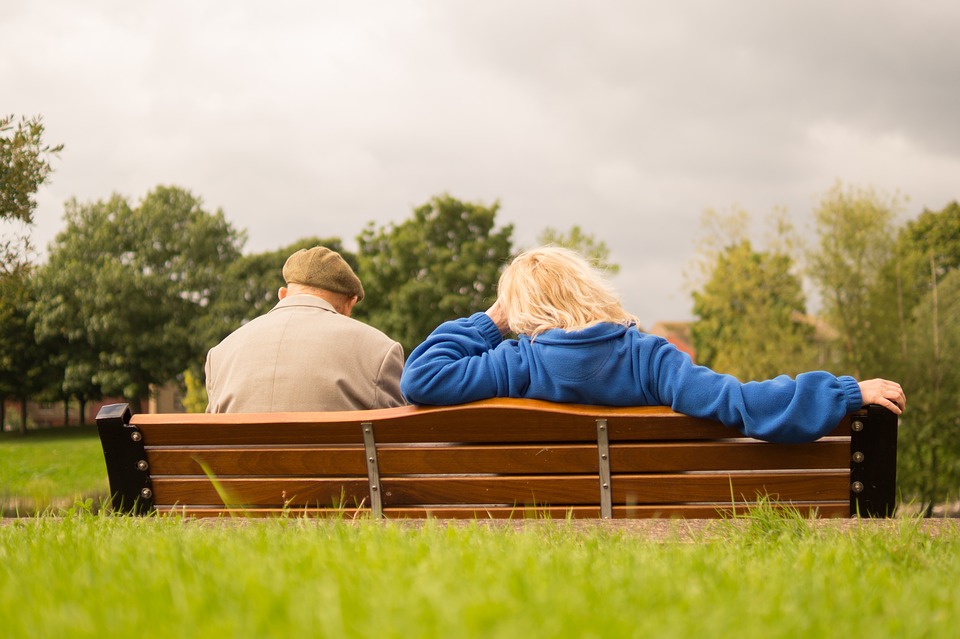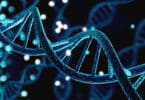As people age they need to pay more attention to their bodies, and to make sure they are getting the right medications to treat their specific symptoms. When it comes to CBD for the elderly, you need to be clued in
Question: My father is 80 years old and suffers from Parkinson’s disease, major depression, and face & neck dystonia. He is on warfarin & was just started on hormones for prostatic carcinoma. CBD has no side effects and is completely nontoxic. But I am wondering if there is any concern because my father has Parkinson’s & he is on warfarin. I love my dad. He is the world to me. Can you help?
Parkinson’s disease: Research shows that CBD can slow the decline in Parkinson’s disease because it increases the enzyme which prevents the dopamine neuron loss.
Rarely, if someone is on very high doses of Parkinson’s medication, and then starts taking CBD at a dose >300-mg/day, the rest tremor and hypokinesia can worsen. If that occurs, the symptoms can be easily corrected with by lowering the Parkinson’s medication slightly.
Pain: The pain your dad feels is multifactorial. There is the pain from the dystonia, from the muscle spasms, from the hormonal therapy, and from the frustration of no longer being physically independent. CBD will reduce his pain by stimulating TRPV-1 receptors, which will decrease the pain.
Prostate cancer: CBD prevents the prostate cancer cells from proliferating and causes cancer cell death. CBD is very effective in destroying the androgen unresponsive cells. CBD can be used (in addition to conventional therapy) to treat prostate cancer.
Dystonia: Dystonia results in involuntary muscle spasms, pain, muscle contractions, muscle tightness, and restricted head & neck movements.
CBD has been shown to have significant muscle relaxant effects and can reduce muscular spasms. Sometimes doses need to be as high as 200-mg/day of CBD, so be patient.
Depression: There are many reasons your dad may have depression, but one important one I suspect, is due to the physical confines resulting from Parkinson’s disease making even communication with emblems & iconic gestures challenging.
CBD activates the 5-HT1A serotonin receptor and in this way, it works as a natural anti-depressant.
Warfarin: CBD reduces the metabolism of warfarin, thereby increasing its potency. When your dad starts CBD, he will need to reduce his warfarin dose. His doctor may cut the warfarin dose in half, take a serum level in two days, and then reassess. As long as your dad is followed by a lab, CBD and warfarin can be safely taken together.
Recommended: Use CBD softgels. Since your dad is older, softgels may be easier for him to take rather than tinctures which are given in a dropper. There is need to measure the dose in a softgel. Softgels are easy to swallow and easy to digest. And…if your dad needs s “boost” now & then, just give him an extra softgel.
Bottom line – All the issues you’ve mentioned – Parkinson’s, pain, prostate cancer, dystonia, & depression can be successfully addressed with CBD. And the bonus – your dad will feel more mentally stable and in better control.
Ref:
“Open label evaluation of cannabidiol in dystonic movement disorders.” Int J Neurosci. 1986 Nov;30(4):277-82.
“Cannabis in the Treatment of Dystonia, Dyskinesias, and Tics.” Neurotherapeutics. 2015 Oct; 12(4): 788–792.
“Cannabinoids reduce levodopa-induced dyskinesia in Parkinson’s disease: a pilot study.” Neurology. 2001; 57:2108–2111
“Effects of cannabidiol in the treatment of patients with Parkinson’s disease: an exploratory double-blind trial.” J Psychopharmacology. 2014; 28:1088–1098.
“Cannabidiol in dystonic movement disorders.” Psychiatry Res. 1986 Jul: 18(3):291.
“Probable interaction between warfarin and marijuana smoking.” Ann of Pharmacotherapeutics. 2009 Jul;43(7):1347-53.
“A review of warfarin dosing and monitoring.” Proc (Baylor University Medical Center). 2001 Jul; 14(3): 305–306.
“Non-THC cannabinoids inhibit prostate carcinoma growth in vitro and in vivo: pro-apoptotic effects and underlying mechanisms.” Br J Pharmacol. 2013 Jan; 168(1): 79–102.
“Effects of cannabidiol in the treatment of patients with Parkinson’s disease: an exploratory double-blind trial.” J Psychopharmacology. 2014 Nov;28(11):1088-98. “Evaluation of the neuroprotective effect of cannabinoids in a rat model of Parkinson’s disease: importance of antioxidant and cannabinoid receptor-independent properties.” Brain Res. 2007 Feb 23;1134(1):162-70.
Please be advised that we are moving the weekly In-house doctor session to a more suitable time as requested – From Thursday at 3pm EST, to the earlier time of 1pm EST on Thursday.
If you want to read more from Dr Zachar, check out: ”Ask A Doctor – CBD For Kids Is Safe – THC Is Not‘
[maxbutton id=”10″] [Image credit: Pixabay]








